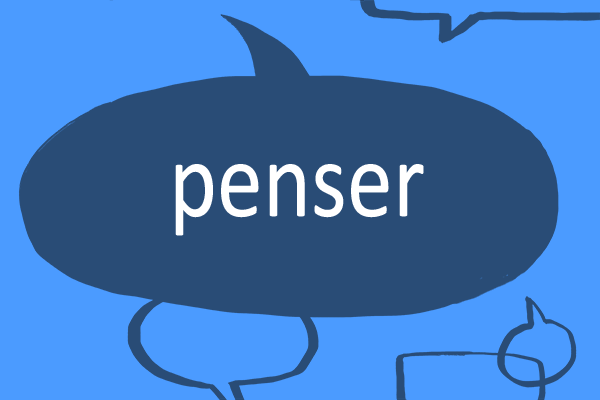Another week has passed, which means we’ve got another French word for you. This week we’re looking at même. Before we begin, be aware that this has nothing to do with memes! The French word for meme is mème, which has a grave accent on its first e, rather than a circumflex.
You can listen to the pronunciation of même here:
Même is an adjective, a pronoun and an adverb. We’re going to look at all three uses of the word.
A lot of the time, you’re likely to see it used as an adjective to mean same. For its adjectival agreement, there’s no change in the feminine form, but you will see its plural form – mêmes.
It’s a special type of adjective called an indefinite adjective. We use these to talk about people or things in a general way. We don’t need to say exactly who or what they are.
This adjective always comes before the noun it refers to. Let’s look at some examples:
Je porte la même veste tous les jours. I wear the same jacket every day.
Mes frères ont les mêmes yeux. My brothers have the same eyes.
Elles sont parties en même temps que moi. They left at the same time as me.
Peux-tu apporter les mêmes bières que nous avons bu la semaine dernière ? Can you bring the same beers as we drank last week?
When used as a pronoun, it simply means the same or the same one. You use it in much the same way as the adjective, except you don’t need to follow it with a noun:
le/la même the same (one)
les mêmes the same (ones)
Tu as choisi quelle couleur ? Je voudrais la même. Which colour did you pick? I’d like the same one.
You’ll also see the word added to emphatic personal pronouns, such as moi:
moi-même myself
elle-même herself
eux-mêmes themselves
toi-même yourself
Mélanie va faire le gâteau elle-même. Mélanie is going to make the cake herself.
Finally, let’s take a look at the adverb, where its meaning changes to even. (You might try to remember this fact by thinking that ‘adverbs are not the same’.)
You can usually identify adverbs and translate them properly by taking a look at the word order of the adverb with the verb.
Même appears as an adverb in the following examples:
Elle n’a même pas essayé. She didn’t even try.
Nous allons tous ensemble ? Même Alex ? We’re all going together? Even Alex?
Même pour moi, ce jeu est difficile. This game is difficult, even for me.
Même si… Even if…
Even if you’re finding it a challenge to learn a new language, keep going, and remember we have lots of resources that can help improve your vocabulary and grammar on collinsdictionary.com. See you again next week!
Written by Holly Tarbet, freelance copywriter and editor.
All opinions expressed on this blog are those of the individual writers, and do not necessarily reflect the opinions or policies of Collins, or its parent company, HarperCollins.



